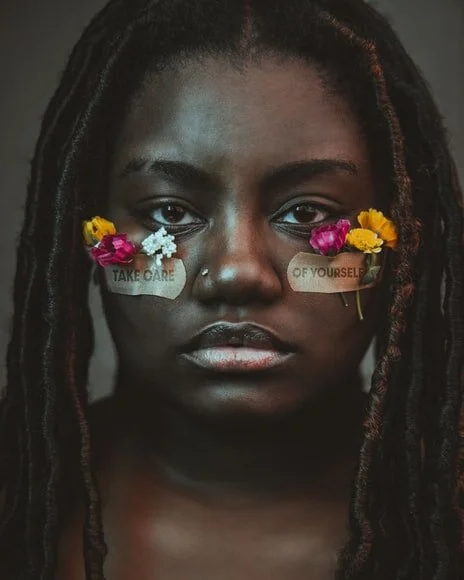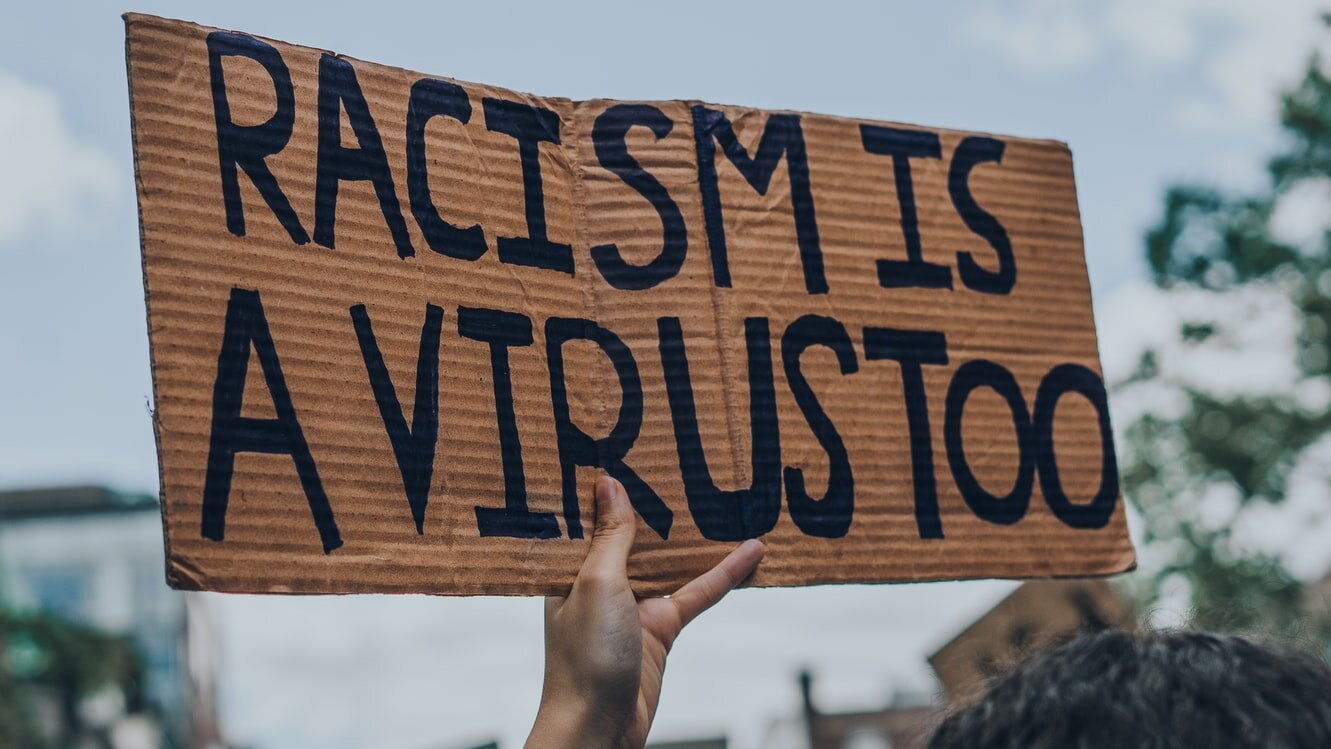Self-Care for Racial Stress
Post Author: Wilma Elliott, M.A.
Ethnic and racial minorities have long suffered the consequences of repeated exposure to racism, racial discrimination and systematic inequalities in the United States. There are many definitions of racism with each emphasizing that racism is a result of personal prejudices in addition to institutional policies and laws. Williams, Lawrence, & David (2020) refer to racism as “an organized system that is premised on the categorization and ranking of societal groups into races” (p. 1). Racism and racial bias is at the foundation of many social determinants of health such as housing, education, banking and employment and continues to shape and reshape social institutions of politics and economics. These biases are often experienced as stressors negatively affecting physical and mental health (Williams et. al., 2020).
According to the CDC (2021), racism influences health inequities, disparities, and disease. Racial minorities have reported overall worse health outcomes in comparison to their white counterparts in terms of onset of disease, severity, and course of illness (CDC, 2021; Williams et. al., 2019). Disparities exist among health conditions such as diabetes, hypertension, obesity, asthma, and heart disease as well as a lower life expectancy (CDC, 2021). The COVID-19 pandemic is important to mention as it led to a drastic increase in health disparities and disproportionately impacted communities of color with Black/African American, Hispanic/Latino, American Indian, and Alaska Native populations experiencing higher rates of hospitalizations and deaths (CDC, 2021). With its strong influence on physical and mental health, racism has recently been defined as a critical public health crisis (APHA, 2021).
Potential reactions to racial stress include insecure feelings, lack of trust, and difficulty controlling emotions. While experiences of racial discrimination, both direct and vicariously can be stressful and exhausting, there are few techniques that can be used to reduce the feelings and emotions that may arise.
1. Leaning on Your Support System
Many others are dealing with race-related stress and being able to connect with those who share similar experiences can be relieving and rewarding. Discussing racial events with friends and family can help individuals express themselves in a safe space and develop tools to successfully navigate racism. Other options include starting or joining a group with those who have similar interests such as a movie or book club that focuses on cultural relationships.
2. Exercise
Exercise is one of the most long-terms forms of self-care. Just a quick 5-10-minute walk has been found to improve mood and sleep quality, boosts self-esteem, encourage social interaction, and reduce stress, anxiety, & fatigue. Daily walks also help to reduce the risk of mental and physical health conditions such as depression, obesity, diabetes, and heart disease. Exposure to nature also has a positive impact on overall well-being. Joining a workout or yoga group can also foster community and build support.
3. Journaling
Taking 10 mins out of your day to write out your thoughts, list positive affirmations, or list 5-10 things you are grateful has been found to have social, psychological, and physical health benefits including improved self-esteem, lowered stress, increased optimism, and improved sleep. It also allows for personal time to reflect on your day and set goals.
4. Limiting Social Media Use
Limiting social media use is one way that individuals can manage racial stress as it can be a significant source of race related stress with constant exposure racially discriminatory behaviors and injustices. Be mindful of the content you take in and how much time you spend using social media apps. Unfollow profiles that cause feelings of discomfort and take time to disconnect from social media each and reflect on how you feel.
5. Therapy
Finding mental health professionals who are understanding and culturally competent can provide a safe space to discuss ongoing stressful situations, process complicated feelings, and find successful ways of coping. When looking for a therapist, be sure to consider your personal values and purpose and any other factors that may be important to you like gender, age, race, or religion. Schedule an appointment at Framework.
6. Spirituality
If spirituality is important to you, it can be a great way to cope with racial stress. Consider joining groups to connect with others who have similar beliefs, values, and spiritual rituals like prayer or meditation. Also connect with spiritual leaders who you feel comfortable confiding it. Spirituality can also be integrated with mental health treatment so be sure to ask your therapist about incorporating your individual belief system.




